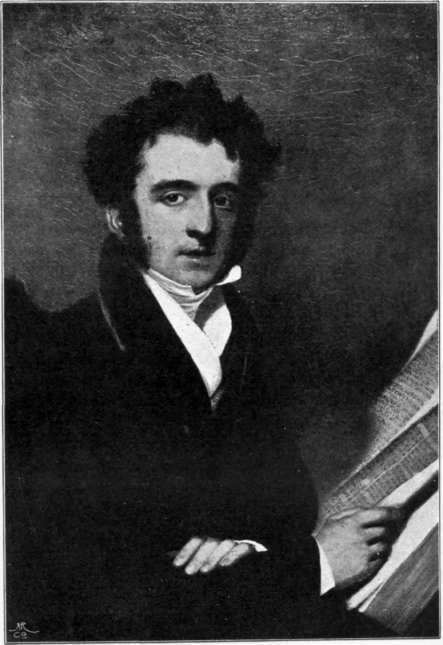 Pitt was naturally reserved and called himself "the shyest man alive", so he spent a great deal of time listening to speeches made in the House or in the committees without saying a word or allowing the speaker to approach him. Though this annoyed the House and the committees, it allowed Pitt to display his remarkable capacity for spotting political talent. Of the hundreds of MPs Pitt convinced to either join Parliament to begin with, or to vote along with Pitt's policies, there were two future Prime Ministers and five future Cabinet Ministers. Pitt's ministry in the 1790s even included four of the five Prime Ministers that would take up office after Pitt had left it.
Pitt was naturally reserved and called himself "the shyest man alive", so he spent a great deal of time listening to speeches made in the House or in the committees without saying a word or allowing the speaker to approach him. Though this annoyed the House and the committees, it allowed Pitt to display his remarkable capacity for spotting political talent. Of the hundreds of MPs Pitt convinced to either join Parliament to begin with, or to vote along with Pitt's policies, there were two future Prime Ministers and five future Cabinet Ministers. Pitt's ministry in the 1790s even included four of the five Prime Ministers that would take up office after Pitt had left it.Of course, Pitt focused almost solely on political accumen and not personality. He was not inclined to expand his social circle, he disliked having to meet new people and be friendly to them and resented any intrusion of his privacy by people he a. did not know or b. did not wish to know better. One of these people was George Canning, who, after being discovered by Pitt, developed a devotion to the Prime Minister that bordered on fanatical. Pitt eventually warmed to him, but it took several years for Pitt to consider him a friend, and Pitt was occasionally thrown by Canning's enthusiasm.
At one point, Canning did the unthinkable and touched Pitt on the shoulder in the House of Commons. The other MPs were shocked, Pitt was alarmed and Canning was forced to defend himself in his journal:
"Once I was seen, when I wanted to speak with him, and he was looking another way, to put my hand on his shoulder. How can you conceive a more silly thing to trouble people's heads than this? ... I know indeed that I have, with people whom I like, old or young, great or small, something of a caressing manner... and so have a great many other people--a great many have it not... they consider Mr. Pitt, naturally enough, as one of the latter class, the non-shakers--whereas he is in fact a very hearty, salutation-giving, shake hands sort of person--and one therefore whom I feel it is natural to take by the arm, or to touch upon the shoulder even (which is the great offence)... But if it be wrong it must be altered."
Pitt made it clear that it must be altered and Canning did not touch him on the shoulder again.



